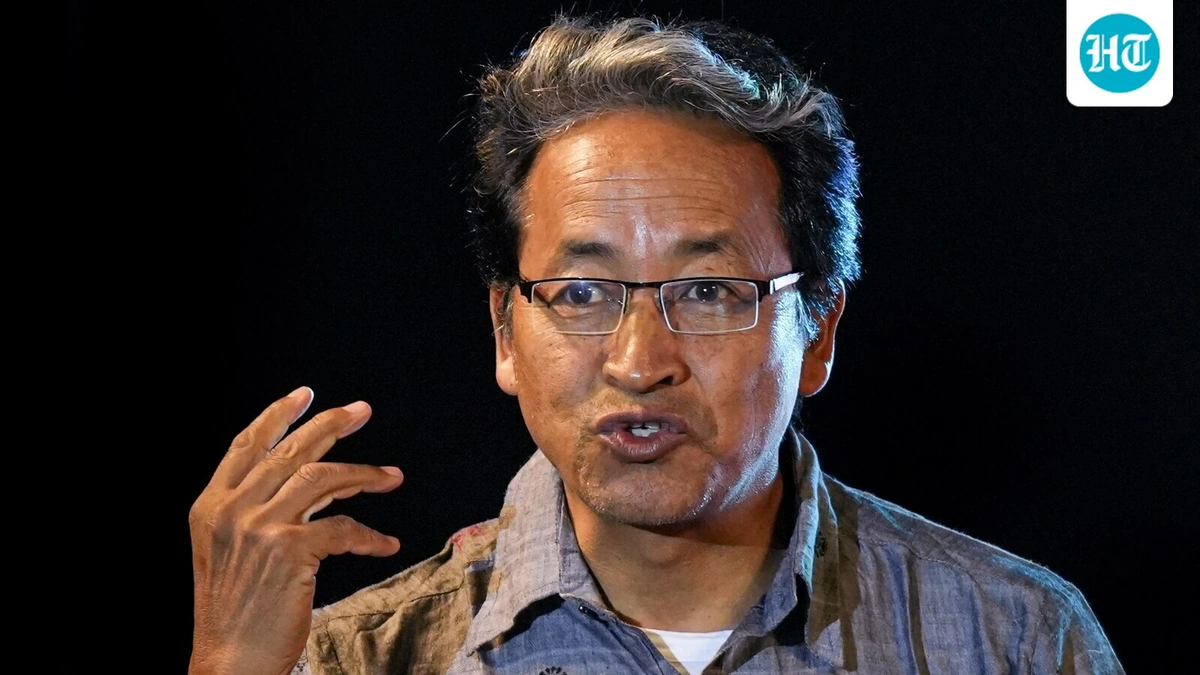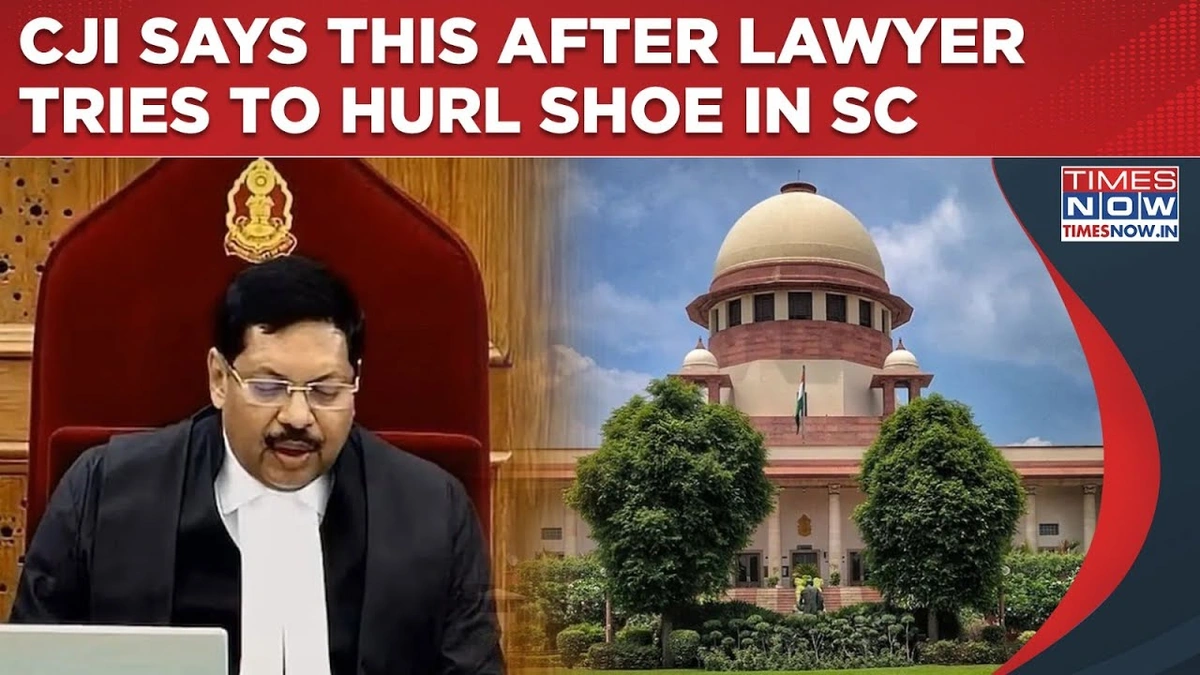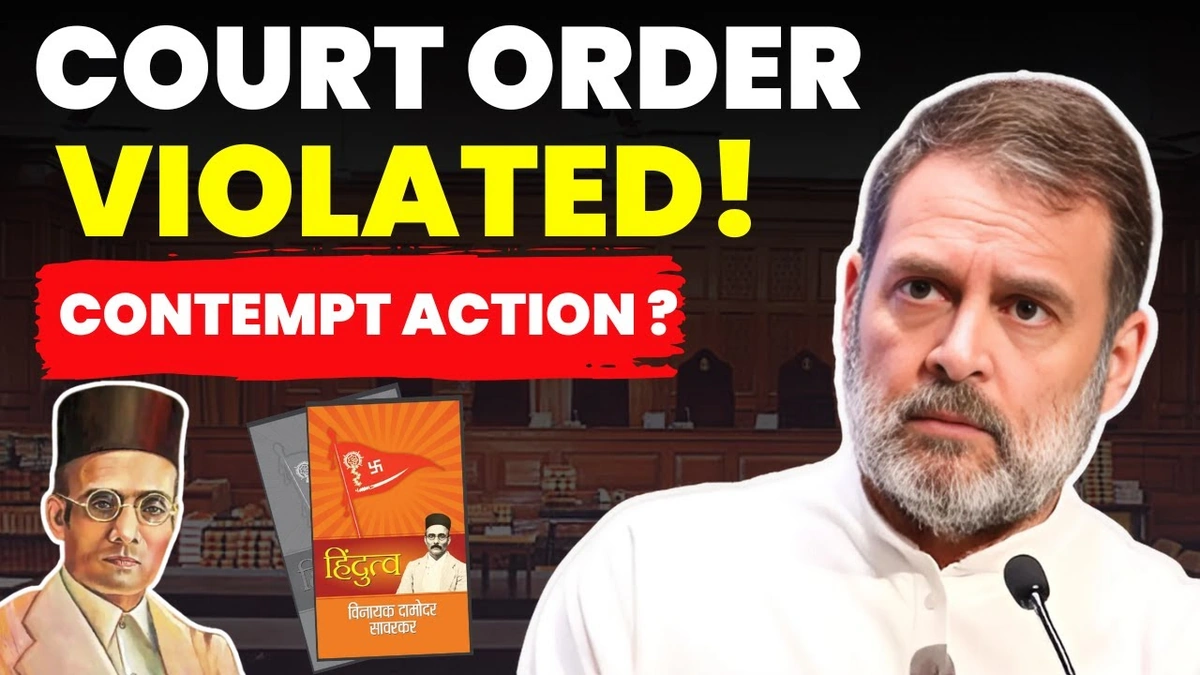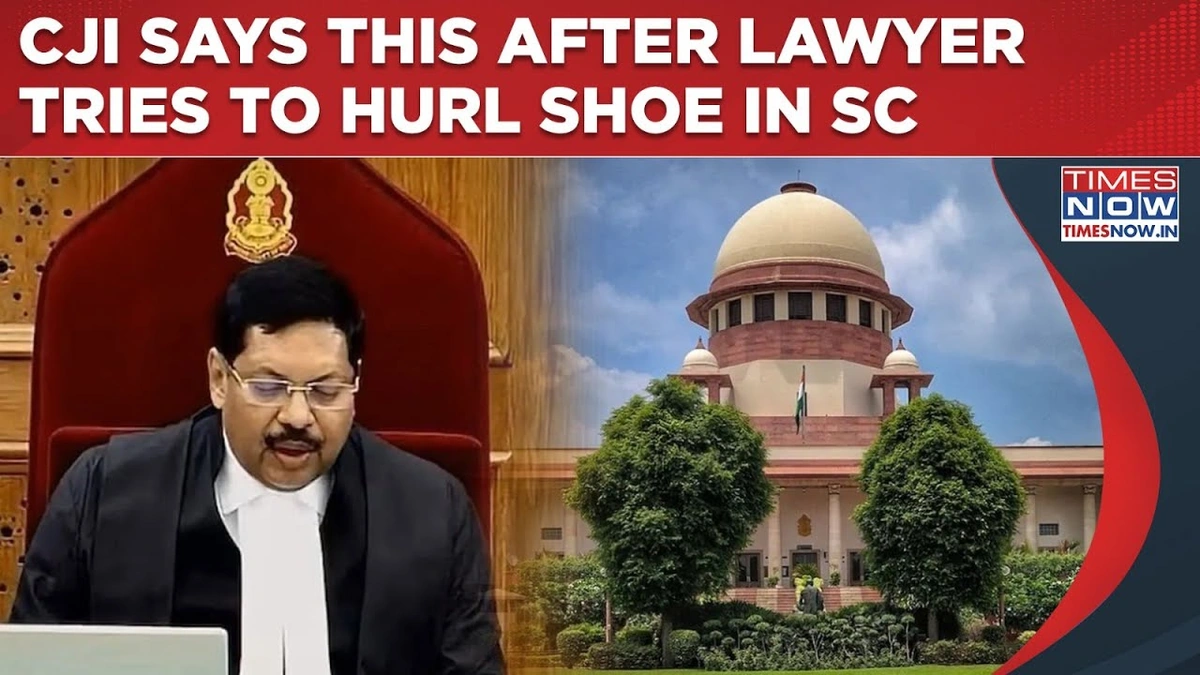Supreme Court Asks Centre to Respond to Plea Regarding Sonam Wangchuk’s Alleged Detention
The Supreme Court has recently requested a response from the central government regarding a plea concerning the alleged detention of Sonam Wangchuk , the renowned Ladakhi engineer and education reformer. But here’s the thing: this isn’t just another court case. It’s a flashpoint that touches upon environmental concerns, developmental priorities, and the fundamental rights of citizens in a sensitive border region. What fascinates me is the ‘why’ behind it all. Why is Wangchuk, a man celebrated for his innovations and advocacy for sustainable living, seemingly at odds with the authorities?
The Core Issue | A Clash of Visions
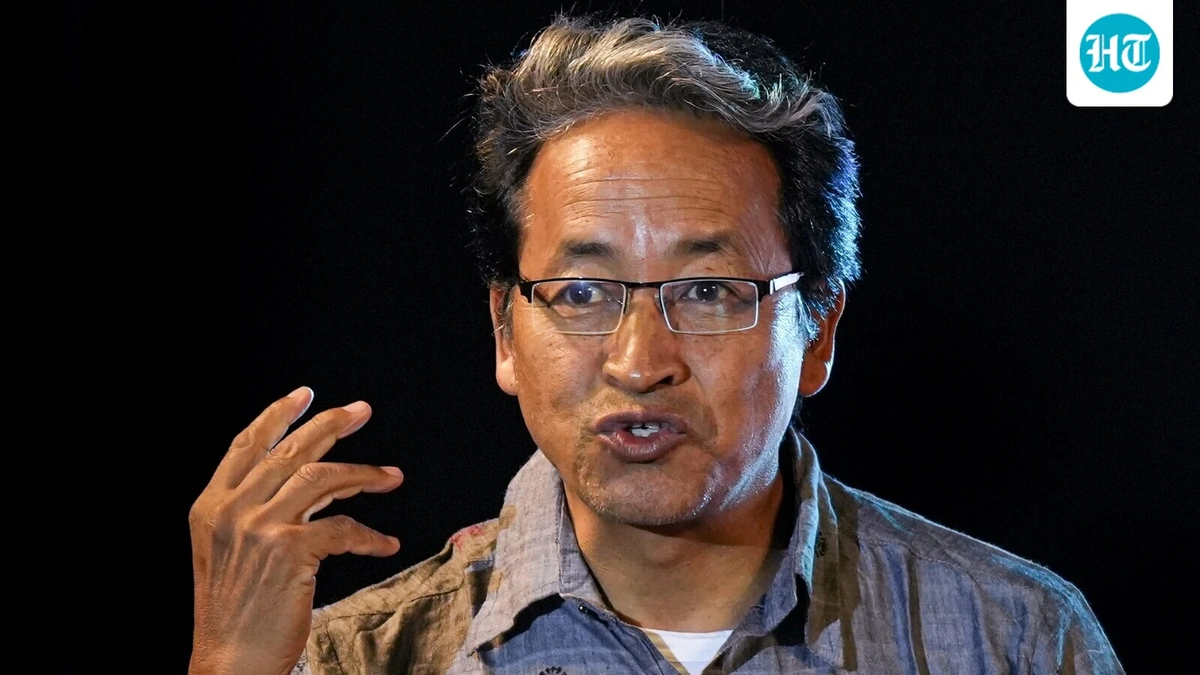
Let’s be honest, the issue goes deeper than a simple arrest. It’s about differing visions for Ladakh’s future. Wangchuk has been a vocal critic of the region’s rapid industrialization and its potential impact on the fragile Himalayan ecosystem. His activism, particularly his hunger strike advocating for the protection of Ladakh’s glaciers and environment, has likely put him on a collision course with those prioritizing economic development.
The Sonam Wangchuk detention , if it happened, raises serious questions about the freedom of expression and the right to protest in a democracy. Was he detained for legitimately exercising his rights, or were there other factors at play? The Supreme Court’s intervention signals the gravity of the situation and the need for a thorough examination of the facts. As per reports , the plea filed before the Supreme Court seeks an independent inquiry into the circumstances surrounding Wangchuk’s alleged detention. This inquiry would aim to determine whether due process was followed and whether his fundamental rights were violated.
Environmental Concerns and Development in Ladakh
Ladakh, a high-altitude desert, is incredibly vulnerable to climate change. The region’s glaciers are melting at an alarming rate, threatening water security and livelihoods. Wangchuk has consistently warned about the dangers of unchecked development and the need for sustainable practices. His advocacyfor solar energy, eco-friendly construction, and responsible tourism has made him a champion of environmental protection. But, and this is a big but, balancing environmental protection with the needs of a growing population and the desire for economic progress is a complex challenge.
The central government, while promoting development in Ladakh, has also emphasized the importance of environmental sustainability. According to various government statements, projects are being implemented to promote renewable energy, improve water management, and protect biodiversity. However, critics argue that these efforts are insufficient and that the pace of development is outpacing the capacity of the ecosystem to cope. This balancing act is crucial, and the alleged detention of Sonam Wangchuk brings these tensions into sharp focus.
The Role of the Supreme Court
The Supreme Court’s decision to seek a response from the Centre is significant for several reasons. First, it underscores the Court’s commitment to upholding fundamental rights and ensuring that the government acts within the bounds of the law. Second, it provides an opportunity for a transparent and impartial examination of the facts. Third, it could set a precedent for future cases involving environmental activism and freedom of expression.
I initially thought this was straightforward, but then I realized the Supreme Court’s involvement also highlights the importance of judicial oversight in ensuring that developmental policies are aligned with constitutional values and environmental concerns. The Court’s intervention could lead to a more nuanced and balanced approach to development in Ladakh, one that prioritizes both economic progress and environmental sustainability. Let me rephrase that for clarity – the judiciary is acting as a vital check on potential overreach.
Implications for Freedom of Expression
The case also has broader implications for freedom of expression and the right to dissent in India. If Wangchuk was indeed detained for peacefully expressing his views and advocating for environmental protection, it would send a chilling message to activists and civil society organizations across the country. A common mistake I see people make is assuming that dissent is inherently anti-national. However, constructive criticism is essential for a healthy democracy.
The outcome of this case will likely influence the way the government responds to environmental activism and dissent in the future. A positive outcome – one that upholds Wangchuk’s rights and promotes a more inclusive approach to development – could strengthen democracy and encourage greater public participation in environmental decision-making. However, a negative outcome could further stifle dissent and undermine the ability of citizens to hold the government accountable. The plea seeks safeguard against the suppression of voices advocating for environmental protection and sustainable development. The government’s response will be crucial in determining the direction India takes on this important issue. And , the case may serve as an indication of the future trajectory of the government in similar cases .
Looking Ahead | What to Expect
So, what’s next? The central government is now required to respond to the Supreme Court’s notice. This response will likely include a detailed explanation of the circumstances surrounding Wangchuk’s alleged detention and the reasons for any actions taken. The Court will then consider the government’s response and decide on the next course of action. This could include ordering an independent inquiry, seeking further clarification, or issuing directions to the government.
The case is also likely to generate further public debate and scrutiny. Civil society organizations, environmental groups, and political parties will likely weigh in on the issue, adding to the pressure on the government to act transparently and fairly. It’s essential to follow the developments closely and engage in informed discussions about the issues at stake. The Supreme Court Asks Centre is just the beginning; the real story is what happens next.
In conclusion, the Supreme Court’s intervention in the case of Sonam Wangchuk’s alleged detention is a pivotal moment. It’s not just about one man; it’s about the future of Ladakh, the balance between development and environment, and the fundamental rights of citizens in a democracy. What fascinates me is how this case will shape the narrative of environmental activism and sustainable development in India. We must wait and see!
FAQ Section
What exactly is the plea about?
The plea before the Supreme Court seeks an independent inquiry into the circumstances surrounding the Sonam Wangchuk ‘s alleged detention and an assessment of whether it violated his fundamental rights.
Why is Sonam Wangchuk so well-known?
He’s renowned for his innovative engineering solutions, his focus on education reform in Ladakh, and his passionate advocacy for environmental sustainability in the Himalayas. His work promoting sustainable technologies made him an icon.
What are the environmental concerns in Ladakh?
Ladakh is facing rapid glacial melt due to climate change, threatening water resources. There are also concerns about the impact of unregulated tourism and industrial development on the fragile ecosystem. Ladakhi engineer plays a crucial role in highlighting these concerns.
How can I stay updated on this case?
Follow reputable news sources for updates and check for statements from legal experts and human rights organizations. Also, keep an eye on the Supreme Court’s official website for orders and judgments.
What is the Centre’s response expected to be?
The central government’s response is expected to provide an account of the facts, explain the reasons for any actions taken, and address the concerns raised in the petition regarding the violation of fundamental rights. The Centre to Respond to Plea will likely present their perspective.
What impact could this case have on freedom of speech?
The outcome could set a precedent for how the government responds to dissent and environmental activism. A ruling in favor of Wangchuk could strengthen freedom of expression, while an unfavorable ruling could stifle dissent.
